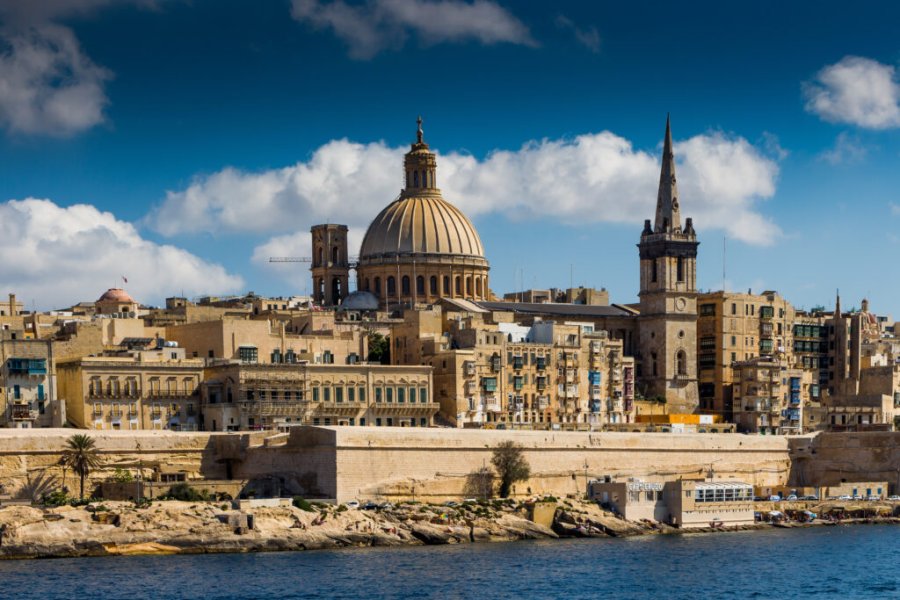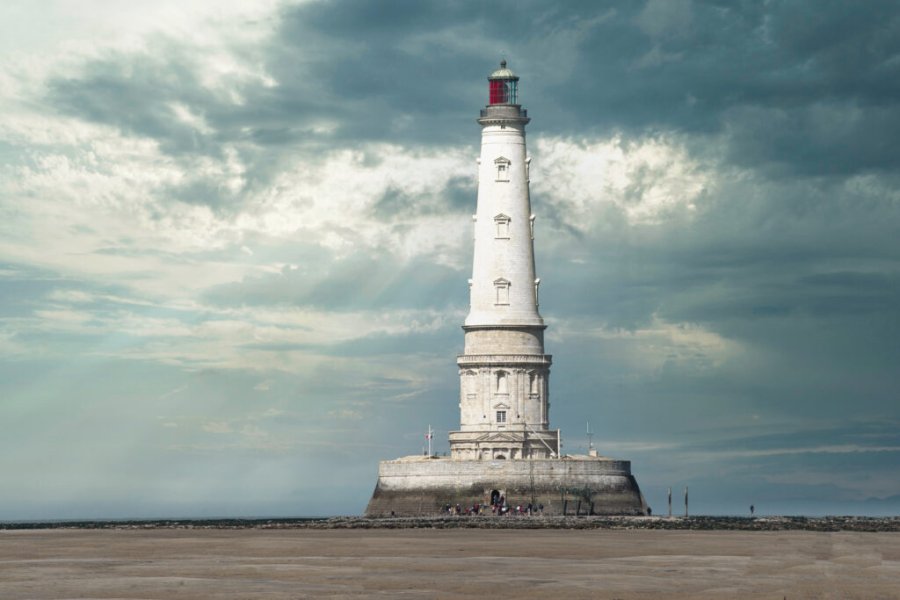Travel Guide Weimar
Find an accommodation
Advertising
Listed as a UNESCO World Heritage Site, Weimar is a symbol: of literature, art, and music. She embodies the German version of the French Enlightenment century. It is the cradle of a literary movement, the Weimar classicism, which appeared between the end of the 18th and the beginning of the 19th century. It was created by a quartet of writers: Goethe, Schiller, Wieland and Herder. Weimar is also a city of music, thanks to Frantz Liszt's visit. I mean, it's the city of the arts. Artists Kandinsky, Paul Klee, Feininger and architect Walter Gropius founded the famous Bauhaus movement, the most important design school of the interwar period.The monuments and museums dedicated to this period, the names of the streets, the bookshops evoke the "Gothic" harmony. Weimar is a museum city. It was maintained as such and promoted in the GDR. The city is home to a prodigious series of monuments dating back to the glorious 18th century. Weimar is a reflection of classicism. It is a city with a very harmonious atmosphere. It can be a good "base camp" to explore the region and make excursions to the Thüringen mountains.History. In 1547, when Saxony was divided into two branches, Weimar became the residence of the Dukes of Saxony-Weimar of the Ernestine branch. The city's brilliant period began in 1772, when philosophy professor Christoph Martin Wieland was called to the ducal court. The dukes then tried to attract the philosophers of the time, who gathered enthusiastically in the small green town... Goethe made his entry there in 1775, Herder in 1776, Schiller some ten years later, followed by Flaks. Under the aegis of Duchess Anna Amalia and then her son Carl August, the court of Weimar became at the turn of the 18th-19th centuries the centre of "Weimar classicism", the most brilliant German (and perhaps European) intellectual centre of the time. At the beginning of the 19th century, Weimar became the cultural and spiritual heart of Germany, where painters, musicians and writers flocked to the city. This tradition continued until the first half of the 20th century: in 1919, Walter Gropius founded the Bauhaus School. A city of Enlightenment and German humanism, Weimar will also remain forever linked to the Republic of the same name: it was in its famous theatre that the Constitution of the first German republic to succumb to Nazism in 1933 was adopted in 1919. It is not for nothing that Weimar was awarded the title of European Capital of Culture in 1999.
What to visit Weimar?
Advertising
Weather at the moment
Advertising
Organize your trip with our partners Weimar
Transportation
Book your plane tickets
Car Rental
Boat rental
Accommodation & stays
Find a hotel
Holiday rental
Find your campsite
Tailor-made trip
Immersion travel
Services / On site
Activities & visits
Find a doctor










